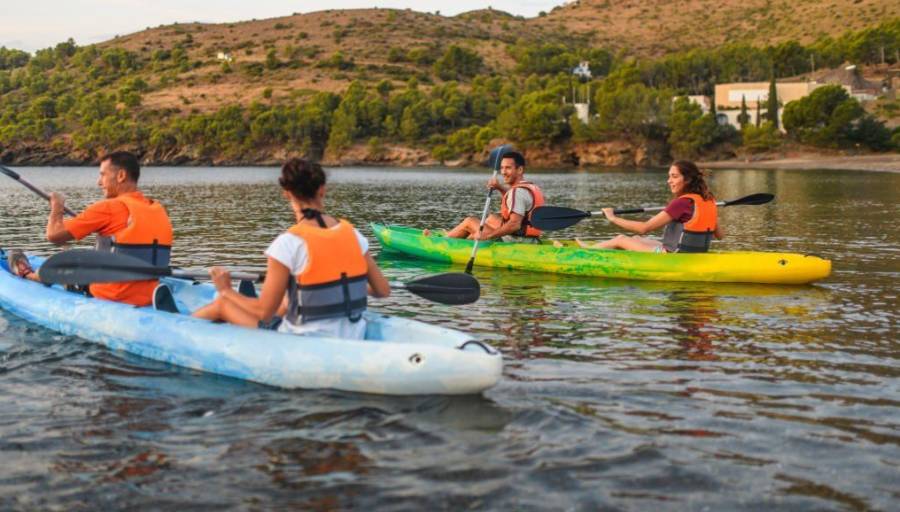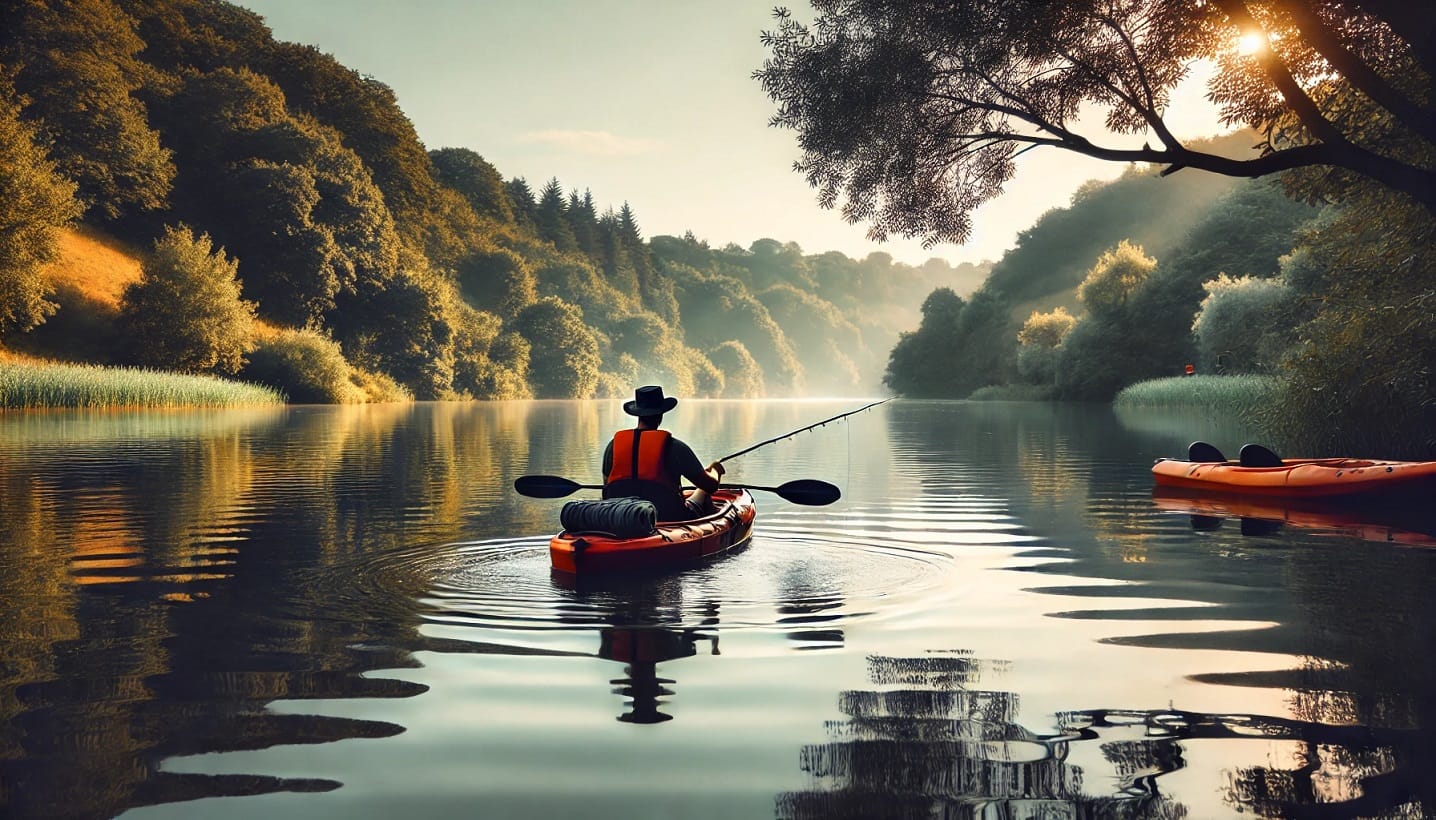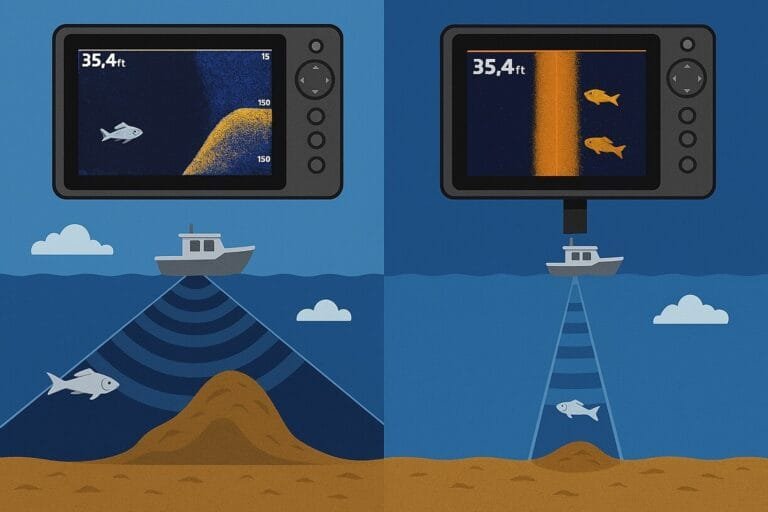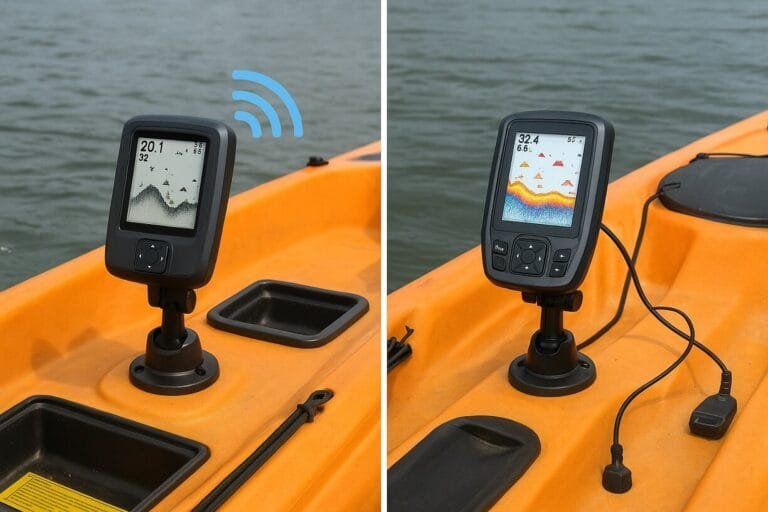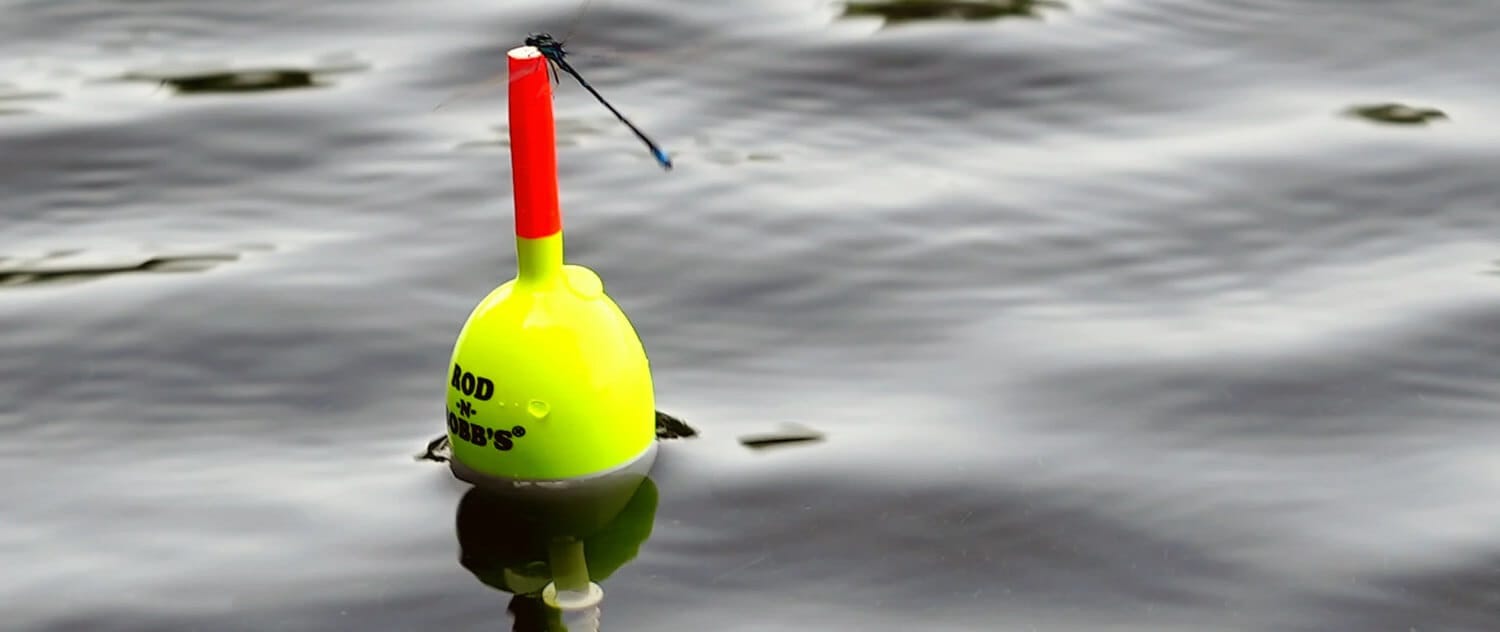What’s the difference between canoeing and kayaking?
Have you ever wondered what the difference between canoeing and kayaking is? If the answer is yes, continue reading this article, which illustrates all the differences between these two types of boats.
Many people don’t make a difference between canoeing and kayaking and that’s fine. We too, sometimes use these words somewhat interchangeably. But when you have to choose a boat often, confusing canoe and kayak can play tricks on you. At first glance, kayaks and canoes may seem very similar, but if you look closely at these two types of watercraft, you will notice 5 differences.
The Structure of the Boat
Not all boats are the same: a transatlantic liner is not a raft, and a dinghy is not a speedboat. This also applies to canoes and kayaks.

The canoe has a pointed bow and stern and usually has the deck open. You don’t have to wear the classic kayaker’s “skirt”. Of course, the open deck has its pros and cons. If paddling a canoe is more comfortable, especially on a hot summer day, beginners will easily embark on the water.
The kayak has a different structure. It has a closed deck, and only the bow is pointed. Kayak anglers should therefore wear a skirt. Let’s say it would be because there are also kayakers who prefer not to wear protective skirts. It is possible to tackle the water with a kayak, but it is much more difficult. Because the kayaker sits in a cockpit, which is much narrower than the interior of a canoe.
The Shape of the Blades
Kayak paddles have double blades, generally curved. Paddles used for canoeing have a single flat blade. The second difference between canoeing and kayaking is here. But the difference is not minimal. The best way to understand how double or single paddles can make a difference in paddling is to try both kayaking and canoeing.

Although the posture inside the canoe and the kayak may seem similar, in reality, the movement to be made to paddle is completely different. Also, one of the first exercises for kayak learners is to roll over and bring the kayak to the surface with a single, very vigorous paddle. This is also possible with canoeing, but it’s a different dynamic.
You have just discovered a second difference between canoeing and kayaking. So if you find someone offering you kayaks with a single-blade paddle, you know they are offering you a type of paddle that’s not suitable for the boat you have chosen.
The Weight of the Boat
The kayak is lighter than the canoe, thanks in particular to the thinner line. Let’s say in principle because different kayak models can achieve different weights. The situation becomes more complicated if we compare inflatable kayaks with rigid kayaks and rigid canoes.

Canoes are heavier. The difference in weight is evident in the way these two types of boats float. A good kayak always floats at the water level. The wider and heavier canoe generally sinks a bit more. If you live by a river where in the morning you usually see kayakers or canoeists practicing in all seasons and all weathers, you can easily see the difference in buoyancy.
Boat Speed
In the water, the same rules do not apply as on land, except for one: lightness means speed. Kayaks are boats that can be used on the water designed to be faster than canoes. Thanks to their conical structure and light hull.

The canoe is a boat designed for more stable navigation. In reality, these two types of boats are not designed for sports competitions, but for moving on waterways and for fishing. The competitive use of kayaks and canoes is fairly recent.
Then – we add – a lot depends on the level of fitness and technique of those who practice kayaking or canoeing. A good kayaker can reach good speeds even in a canoe, and vice versa compared to a beginner or those who use the kayak for fun rather than competition.
The Session
We’ve left this difference between canoeing and kayaking for last as it’s the best-known and most cited. The different form of canoeing and kayaking requires two very different types of sessions.
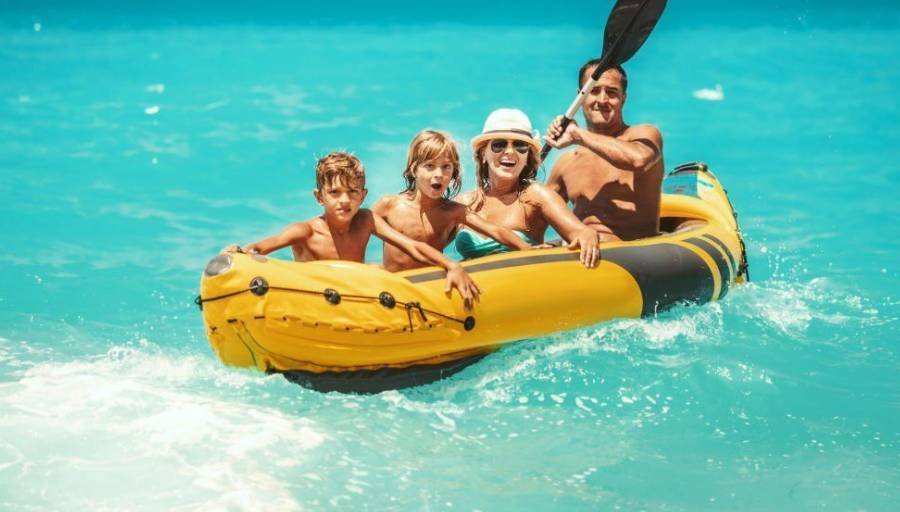
Canoe users can kneel on the hull or even paddle in a semi-kneeling position, as well as in a seated position with their legs slightly bent. This type of seat is not suitable for kayaking, mainly due to the much narrower hull. The only possible position in a kayak is to be seated with the legs stretched forward.
Should We Go Canoeing or Kayaking?
The differences between a canoe and a kayak significantly impact paddling style, speed, stability, and the boat’s weight. Often, the choice between the two is made either by chance or because the paddler feels a particular preference or connection to one type of boat over the other. Both have advantages and disadvantages, but we prefer not to comment on the latter, leaving our readers free to choose the boat they like the most.
Our Guides That Might Interest You…
